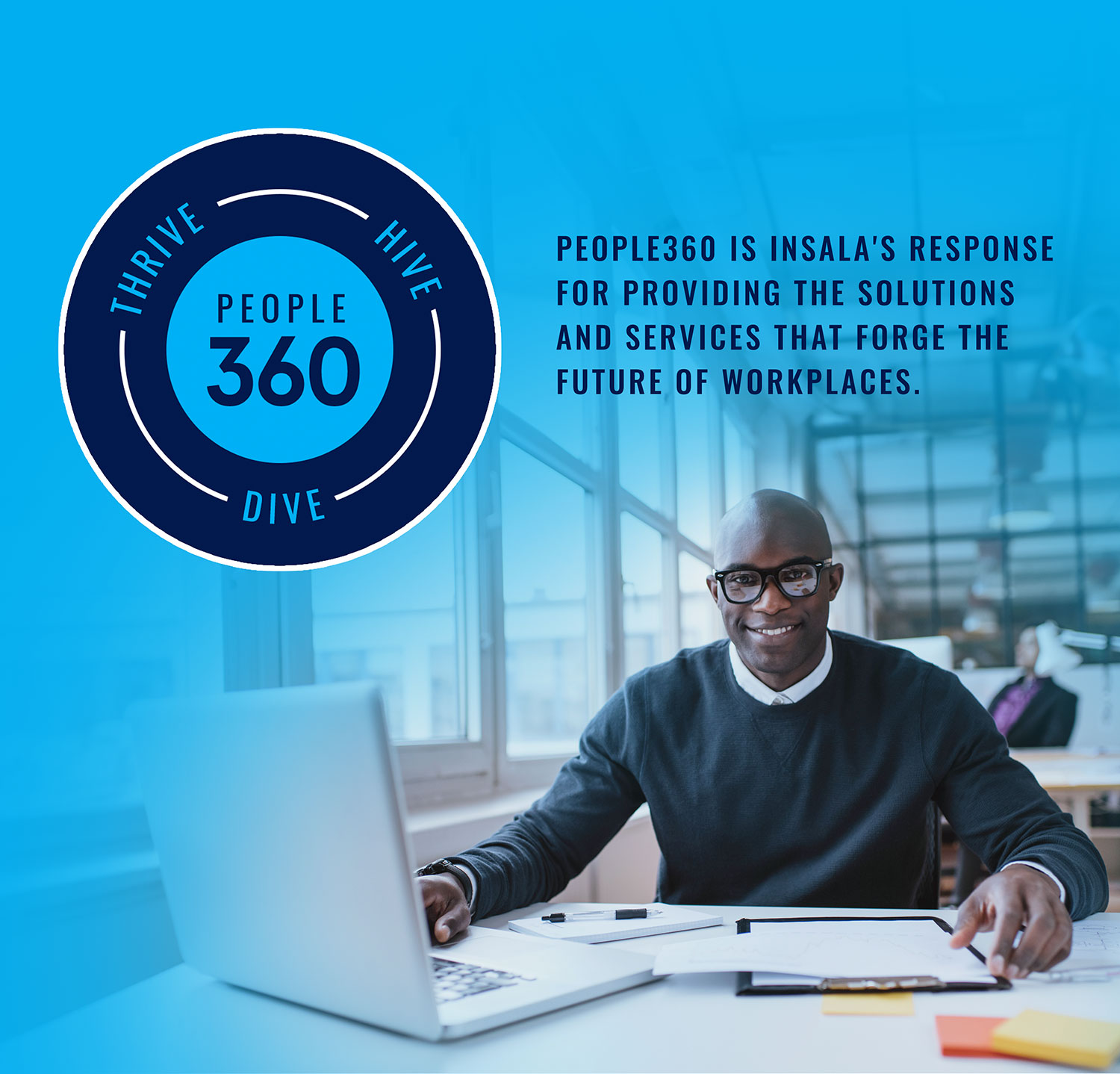How To Find The Right Mentor For You
How To Find The Right Mentor For You Having the guidance and ...
Read more
Mentoring programs are increasingly popular within organizations. In fact, over 71% of Fortune 500 companies have formal mentoring programs. If your organization is one of the many that offer mentoring, you may be considering whether or not you should join. If you have knowledge and experience that could benefit your peers, you should consider volunteering as a mentor.
While this requires a time commitment, there are many benefits of mentoring come with being a good mentor. Here are 5 reasons you should volunteer to mentor in your organization.
1. Career Development Opportunities
Career development objectives are often included in mentoring plans. While the goals for career development mentoring often focus on the mentee, development is also accessible to the mentor. Volunteering as a mentor can unlock opportunities for career development that were previously inaccessible.
In fact, one study reports that 28% of participating mentors received a raise within 5 years of participating in a mentorship. This is in comparison to only 5% of non-mentors in that same time frame. The study also shows that mentors are six times more likely to get promoted into new positions.
Helping a mentee create their career development plan can provide an opportunity for the mentor to examine their own career paths. With this reflection, the mentor can find renewed motivation to continue their career or switch paths. This is also beneficial for mentors that find themselves stuck in the same routine.
Being a mentor shows that you are committed to the organization and your peers. Through this commitment, you are able to develop others while also improving yourself.
2. Expanded Networks
The mentee gains access to their mentor’s entire network when the mentorship begins. However, this works both ways. The mentor will also gain an expanded network, more so if they have multiple mentees. Valuable information may be gained through an expanded network.
The communication and connections made within these networks gives mentors an overall wider perspective on global organizational problems.
3. Fresh Perspective
When mentors receive feedback from their mentees, they are gaining a fresh perspective. If you volunteer as a mentor, you can take this perspective as an opportunity to reflect on your own practices. Self-reflection is an important part of both career and personal growth.
A study found that employees who take the time to self-reflect perform 23% better on average. Becoming a mentor gives you the opportunity to gain a fresh perspective from your mentee to reflect on and grow through. Opportunities such as this may be few and far between, especially if you are in a leadership or executive position.
The fresh perspective of the mentee is not limited to the mentorship, though. Less experienced mentees often have new ideas and creative solutions for specific organizational problems. Mentors frequently find that their mentees are helpful in problem solving.
Mentees can also provide fresh perspective on ideas for future projects in the organization. For executives and policy makers, mentees can supply a source of feedback on programs and policies currently in place.
4. Exposure to Diversity
Mentor matches are often based on development needs and strengths. Because of this, mentors are often paired with mentees outside of their normal circle that may be different than them. Creating diverse relationships with coworkers supports diversity and inclusion throughout the organization.
These diverse pairing offer opportunities for good talent to be recognized. This goes for both the mentor and the mentee. Mentors are then able to recruit top talent for their teams or be recognized for their own talent.
Exposure to diversity in the workplace gives the mentor improved communication skills. It also provides increased creativity, higher levels of innovation, and better company reputation. As leaders or executives, mentors will be able to promote a better company culture with this exposure.
5. Improved Skills
As they continuously work to improve their mentee, mentors find themselves improving as well. Consequently, the mentor’s confidence in their own ability will increase throughout the mentorship. By teaching their own practices and knowledge, personal abilities are rehearsed, practiced, and improved.
Further, individuals feel challenged, stimulated, and creative when providing mentor functions. This happens because they have a mentee looking to them for advice and examining their experience. Working with a mentee also challenge mentors to improve their interpersonal, problem solving, and communication skills.
Insala is committed to helping mentoring programs succeed in promoting development and great company culture. To start a mentoring program or learn more, request a demo today.
Related Articles:


How To Find The Right Mentor For You Having the guidance and ...
Read more
How To Establish A Successful Corporate Mentoring Program
Read more
How Mentoring Is Helping Solve The Labor Shortage The labor shortage has become a pressing issue for businesses across industries, with ...
Read more
Now Is The Time To Start Your Mentoring Program In today's ...
Read more
7 Tips To Improve Your Corporate Mentoring Program Corporate ...
Read more

People360 is a pioneer and industry leader recognized by Global 1000 and Fortune 500 companies and associations internationally, for 28+ years as a leader in Career Management, Mentoring, Coaching, Career Transition, Alumni Software solutions and People Analytics.
© 2025 People360. All rights reserved. Privacy Policy